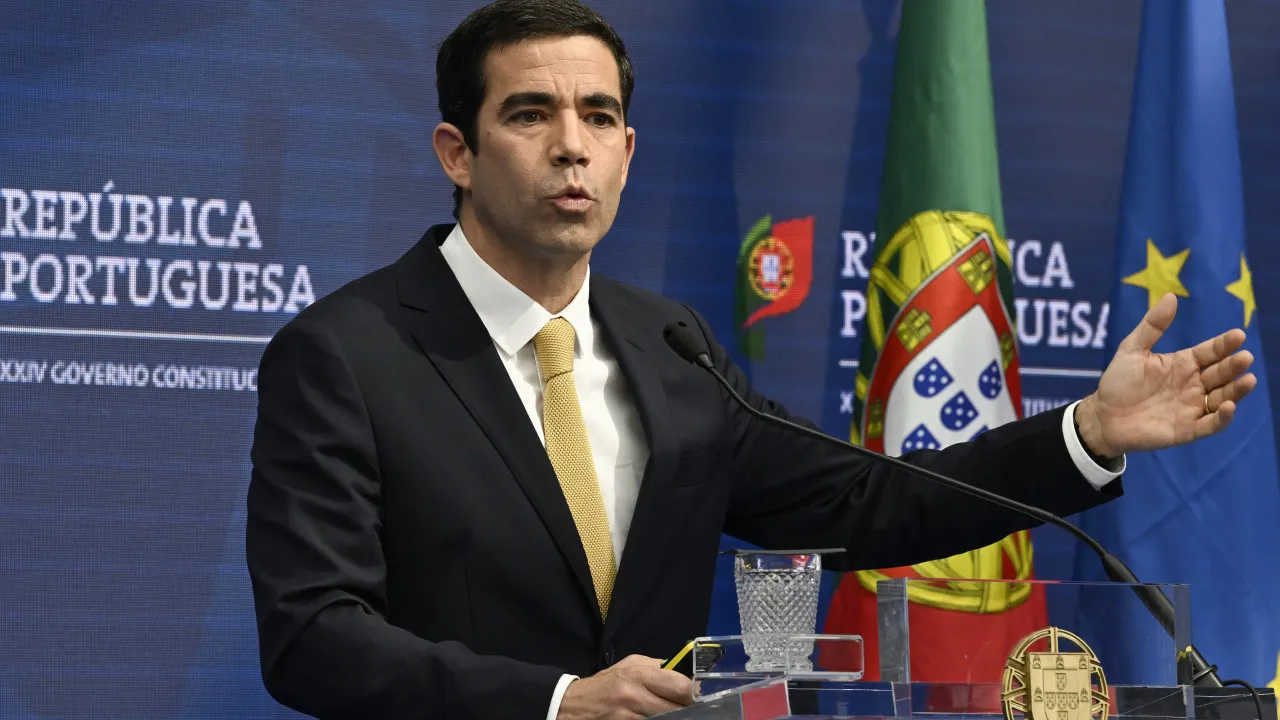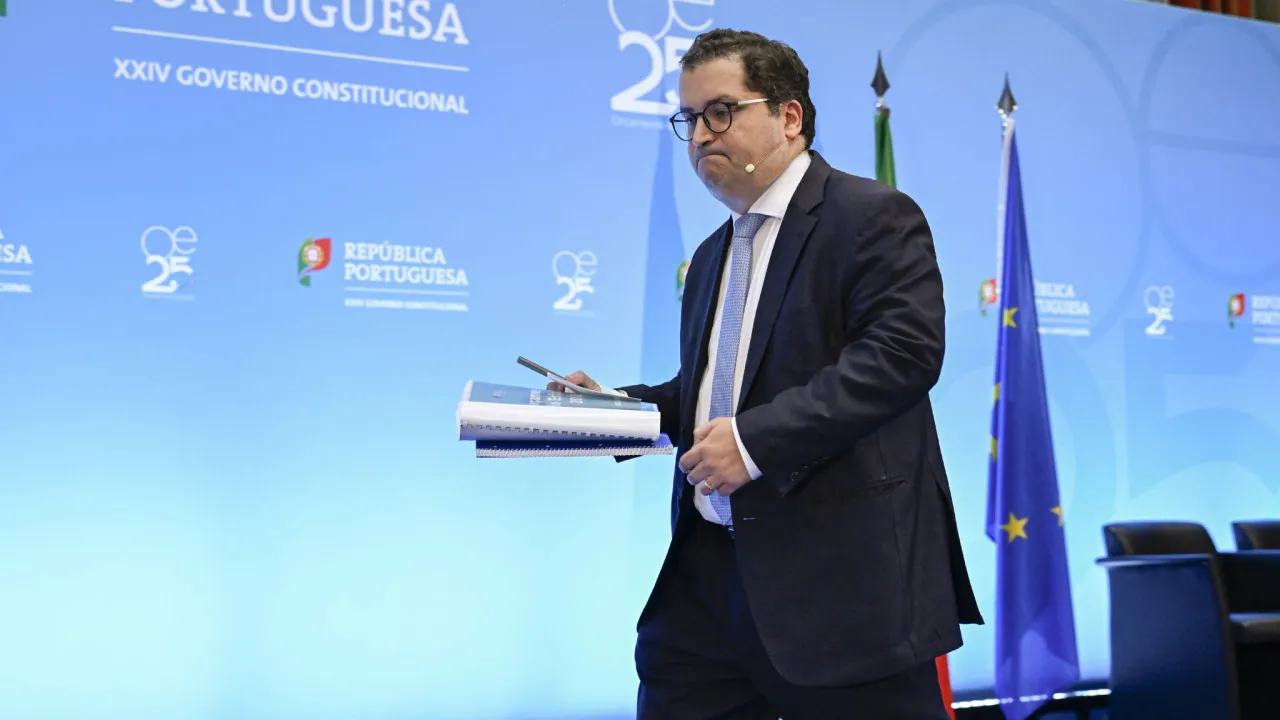
The leader of the Portuguese Business Confederation (CIP) described as “extremely positive” a recent announcement made by Luís Montenegro during the opening of the state of the nation debate in parliament. Montenegro confirmed that the Council of Ministers will approve a proposal to further reduce corporate tax (IRC) in 2026, 2027, and 2028.
The government aims to lower the general IRC rate from 20% to 19% in the coming year, with further reductions planned to 18% in 2027 and 17% in 2028.
CIP views this as a beneficial measure, as it aligns Portuguese companies more closely with the lower tax conditions already enjoyed by European entrepreneurs, and it is seen as favorable for stimulating investment from both domestic and foreign investors.
However, Armindo Monteiro stated that while the confederation views the reduction as positive, it is not without reservations.
“We see it positively but not exuberantly for two reasons,” Monteiro stated. “Firstly, the reduction is smaller than what was promised by the 24th Constitutional Government. Secondly, it will not be fully realized for another three years. Given the current global situation and the challenges facing businesses, such as tariffs imposed by the Trump Administration, it is crucial that support be provided sooner.”
Last year, Montenegro’s previous government proposed a faster reduction of IRC, aiming for a decrease of two percentage points to reach 15% by 2027.
However, the plan was adjusted in order to secure the Socialist Party’s support for the State Budget for 2025. Instead, the government proposed an annual reduction of one point over a longer period.
The IRC rate had changed from 21% to 20%, as opposed to the initial aim of 19% by the previous administration.
The corporate tax rate on the initial portion of profits from small and medium enterprises (up to 50,000 euros of taxable income) is already lower than the general rate.
Montenegro also indicated in parliament that the government will propose a reduction from the current 16% to 15% in 2026.
Talking to Lusa, Armindo Monteiro emphasized that beyond lowering the IRC rate, it is necessary to reevaluate the regulatory framework for SMEs and create a tax regime for businesses with revenue below a certain threshold.
“The verification burden, the administrative and accounting responsibilities are so onerous on these small businesses,” Monteiro explained, referring to the significant costs of compliance for small enterprises such as local restaurants, cafes, supermarkets, and workshops.
When asked about the creation of a specific tax code, the CIP leader suggested that a simplified regime could be considered for micro and small businesses to streamline tax determination.




